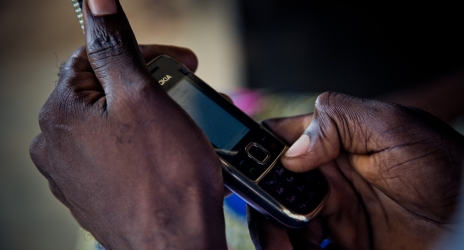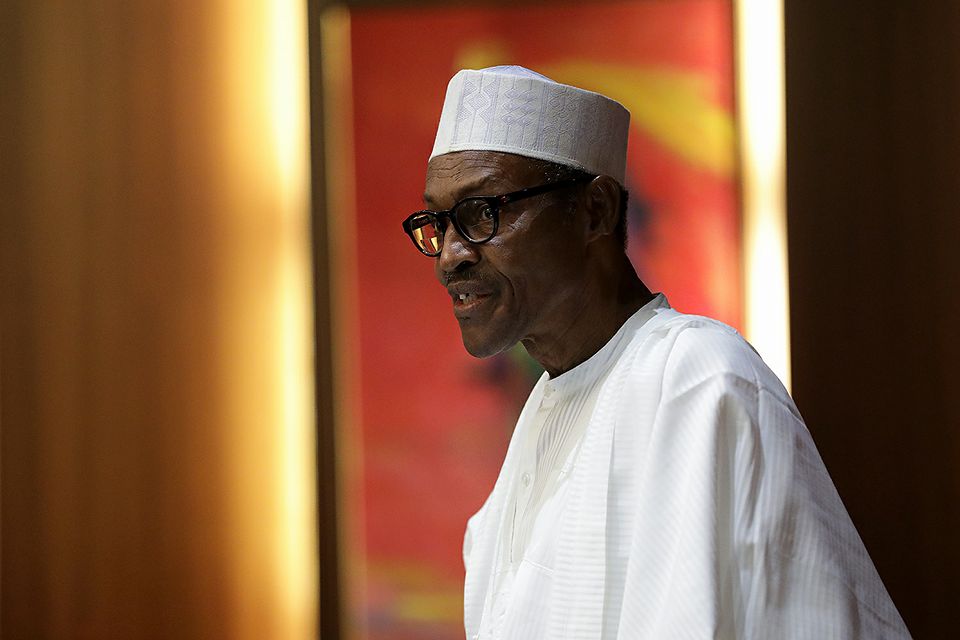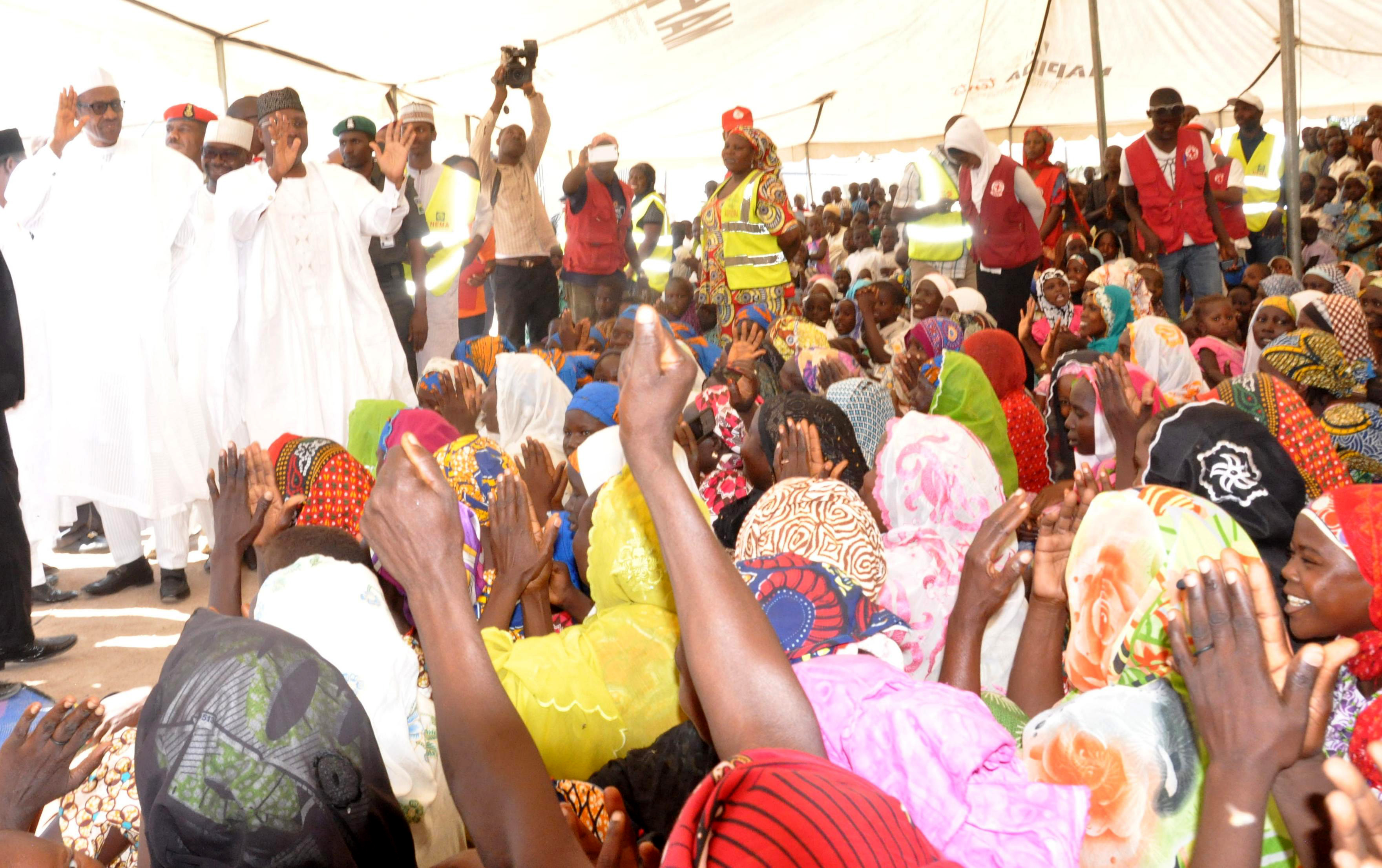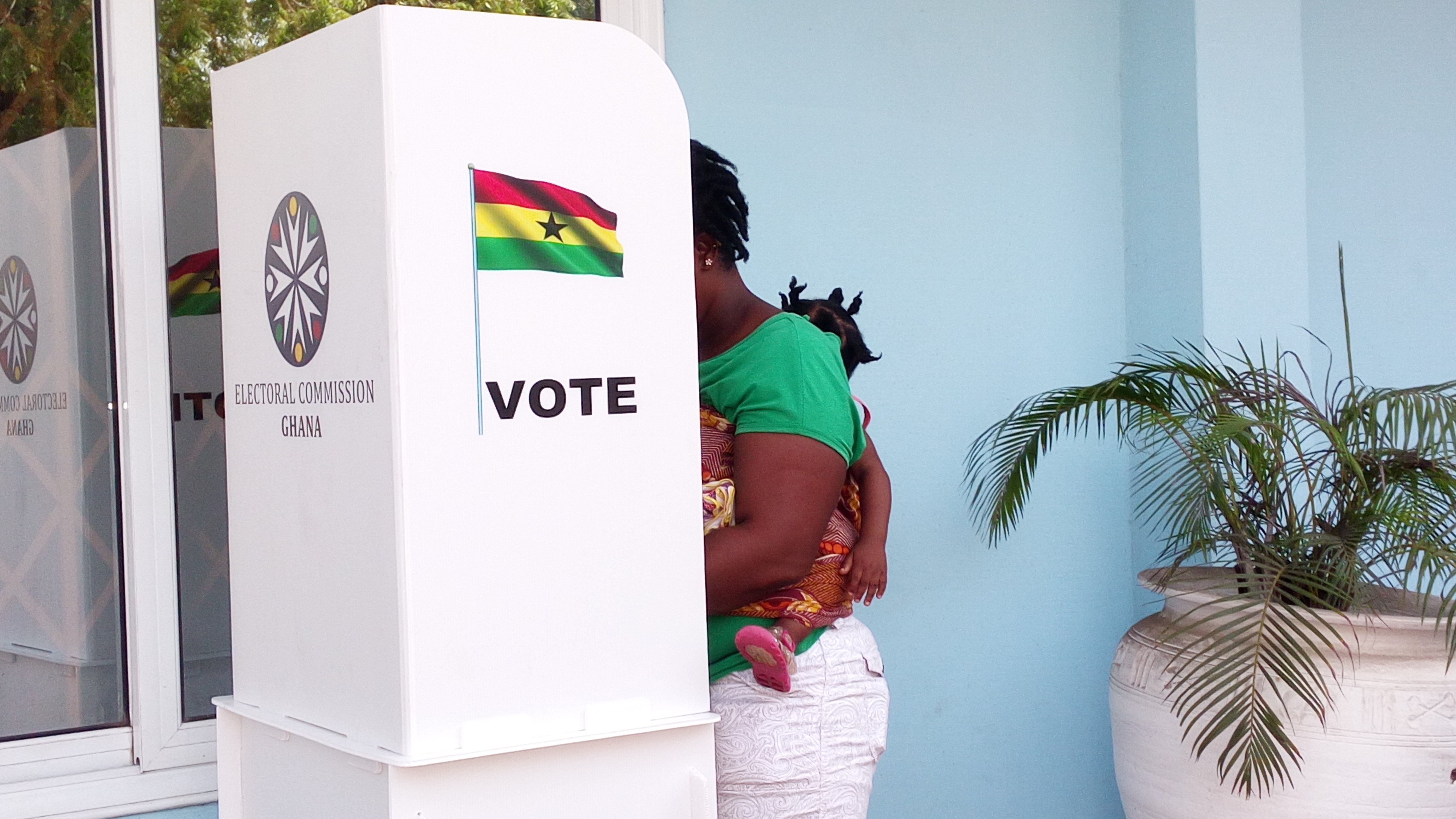By Anthony Jegede
The hubbub over the reinstatement of floor price on data tariff by the Nigerian Communications Commission (NCC) has calmed down substantially after the implementation that would have kicked in on December 1, 2016 was suspended. This should however not lull those of us that opposed what was erroneously interpreted as an enforced price hike into a false sense of fait accompli.
Far from thinking that a repressive regime has been forced to beat a retreat as being celebrated by some, for the duration that the implementation of the floor price remains suspended, we should benefit of prevailing calm to look at what the issues are especially when one would not be weighing in over a din.
The explanation by the NCC strongly suggests that dominant players – MTN (45kobo/MB), Glo (21kobo/MB), Airtel (52kobo/MB) and with the exception of Etisalat (94kobo/MB) – are practically selling data at less than the cost price of providing the service. This present several challenges that are definitely difficult to explain to subscribers who desire affordability at any point in time. It is about the money really.
First, if a firm continues to sell its products or services for less than the cost price it is a matter of time before it comes under financial strain that would lead to unpleasant options. For instance, when reality sets in, the same company may have to jerk up its price far above the optimal profit level which means the subscribers eventually have to pay more. Should a price hike not be applied that point then the company being deprived of optimal revenue would have to cut corners in ways that result in its products not meeting subscriber expectations and consequently lose them to the competition. In the likely scenario that such firm continues in the unhealthy price war it would definitely price itself out of the market bringing about one less competition for the last firm standing and a monopoly is born.
Advertisement
Similarly, let us recall how expensive data used to be when only one or two of the Telcos were offering data services. The price went down when the other two firms joined them. When new entrants that specialize in only data came on board the price war began in earnest. The truth here is that the new entrants (with less than three years of operation or less than 7.5% market share) do not have the muscles to last long in the ring if data is sold for less than the cost price; they will fold up in a matter of time and similar fate would eventually befall the big players until the last one standing becomes the new king and a monopoly is born.
Thirdly, assuming this anticompetitive war is allowed to go on and non of either the big players or the new entrants falls off the cart but they are unable to meet revenue target needed for expansion, we will then be forced with a scenario where it again takes us several years before our Telcos can roll out infrastructure for 5G network that Deutsche Telekom and Huawei tested on the same day the price floor was to have been reinstated. We will again be forced into a situation like the current one where our Telcos are hyping 4G LTE at a time their contemporaries are trialling 5G.
Finally, subscribers of the network that already pay more than the 90kobo/MB find themselves returning to it even when they had earlier left for the cheaper offerings of its competitors. In such instance it is more about what works and not what is cheaper. Anyone that has ever been frustrated while trying to upload a CV, complete an online job application or send money for medial emergency using internet banking when the data service is lousy would appreciate that the issue is more than affordability.
Advertisement
The foregoing do not however rule out the fact that NCC could have better communicated its regulatory concerns to Nigerians in tandem with the network operators that have reportedly signed on to the development in the course of several stakeholders’ interaction. With the benefit of such knowledge subscribers would have been in better positions to make input in the debate.
As things are, the floor ceiling would still have to be revisited and soon too because the last place Nigerians want a monopoly is in the telecom sector that is celebrated as the nation’s major success story with private sector driven growth. For this to happen, NCC must affirm its role in the driver seat to address these monopolistic tendencies.
Views expressed by contributors are strictly personal and not of TheCable.
Add a comment






